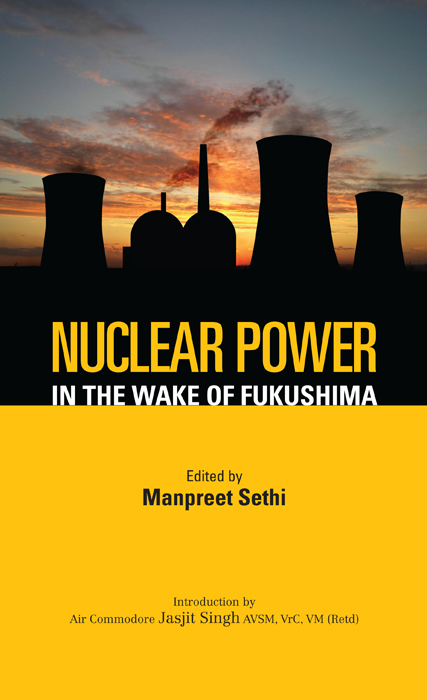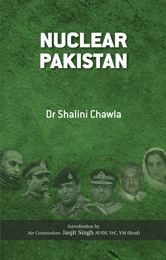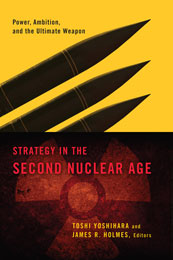Subjects
Nuclear Power: In the Wake of Fukushima
Manpreet Sethi
Nuclear power faced its biggest challenge in 25 years when an earthquake and a tsunami of unprecedented proportions struck the Fukushima nuclear power station of Japan on March 11, 2011. Three operating nuclear reactors at the site automatically shutdown, just as they were designed to in such an eventuality. However, the gigantic tsunami that followed the temblor, rising to a height of 45 feet, disrupted the emergency core cooling system and caused the much dreaded loss of coolant accident, leading to varying degrees of core meltdown in the reactors.
The Fukushima nuclear incident has worldwide implications for the future of nuclear power. But, it is of particular significance for India as the country envisages a rapid expansion of its nuclear programme to meet the burgeoning electricity demand while keeping its carbon footprint small and hedging against vulnerabilities of large-scale fuel imports.
This book is born out of the national seminar that the Centre for Air Power Studies organised in April 2011 to engage the strategic community and policy makers to better understand the peculiarities of the situation obtained in Fukushima, as well as the differences that exist in the seismological, technological and operational aspects of the Indian nuclear power programme. Held at a time when public faith in nuclear power had been shaken, the deliberations highlighted the need for proactive engagement of the nuclear establishment to clearly address public concerns.
The chapters of the book, written by nuclear scientists, strategic analysts and specialists involved with disaster management, bring out different aspects of the lessons that need to be assimilated from the Japanese nuclear experience to ensure a blemish free performance of nuclear power.
The book attempts to contribute to the understanding of the need and relevance of nuclear power for India’s energy security, as well as act as a safety beacon for the nuclear establishment. No compromise on this front can be afforded by this country of more than a billion people if the potential of nuclear power has to be optimally exploited.


 Political Science
Political Science


